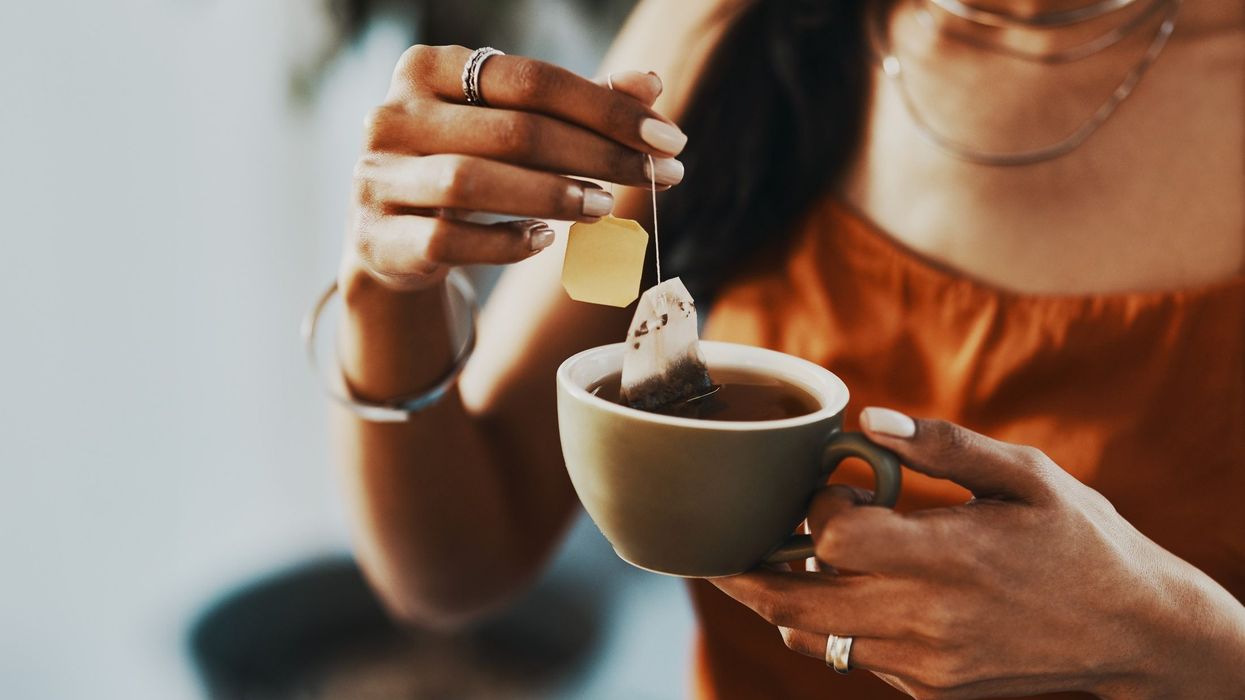Researchers from the University of Adelaide in Australia and Southeast University in China have found that consuming black tea daily can significantly decrease the risk and progression of type 2 diabetes in individuals by enhancing blood sugar control.
Their study revealed that regular black tea drinkers experienced a 53% lower risk of prediabetes and a 47% lower risk of developing Type 2 diabetes.
These results held true even after accounting for established risk factors like age, gender, ethnicity, body mass index (BMI), average arterial blood pressure, fasting plasma glucose, and cholesterol levels.
"The substantial health benefits of tea, including a reduced risk of cardiovascular disease and type 2 diabetes, have been reported in several studies over recent years, but the mechanisms underlying these benefits have been unclear", notes the study's co-lead author Associate Professor Tongzhi Wu from the University of Adelaide and The Hospital Research Foundation Group Mid-Career Fellow.
"Our findings hint at the protective effects of habitual tea drinking on blood sugar management via increased glucose excretion in urine, improved insulin resistance and thus better control of blood sugar. These benefits were most pronounced among daily dark tea drinkers."
The beneficial effects observed in metabolic control might be attributed to the unique production process of dark tea, involving microbial fermentation.
This process generates distinctive bioactive compounds such as alkaloids, free amino acids, polyphenols, polysaccharides, and their derivatives.
These compounds exhibit powerful antioxidant and anti-inflammatory properties, enhance insulin sensitivity, improve the functioning of pancreatic beta cells, and influence the gut bacteria composition.
In the recent cross-sectional study, 1,923 adults (comprising 562 men and 1,361 women aged 20-80 years) residing in various communities across 8 provinces in China were examined. Among them, 436 individuals had diabetes, 352 had prediabetes, and 1,135 had normal blood glucose levels.
The participants included individuals who were not regular tea consumers and those who had a history of consuming only one specific type of tea. They were asked about the frequency of their tea consumption, categorised as never, occasional, frequent, or daily, and the specific type of tea they consumed, including green, black, dark, or other varieties.
The researchers examined the association between both the frequency and type of tea consumption and excretion of glucose in the urine (assessed by the morning spot urine glucose-to-creatine ratio [UGCR]), insulin resistance (measured using the triglyceride and glucose index [TyG] derived from fasting plasma glucose and fasting triglyceride levels), and glycaemic status (defined as a history of type 2 diabetes, current use of antidiabetic medications, or an abnormal 75g oral glucose tolerance test).
People with diabetes often have an enhanced capacity for renal glucose reabsorption, so their kidneys retrieve more glucose, preventing it from being excreted in urine, which contributes to higher blood sugar.
According to Associate Professor Wu: "These findings suggest that the actions of bioactive compounds in dark tea may directly or indirectly modulate glucose excretion in the kidneys, an effect, to some extent, mimicking that of sodium-glucose co-transporter-2 (SGLT2) inhibitors, a new anti-diabetic drug class that is not only effective at preventing and treating type 2 diabetes, but also has a substantial protective effect on the heart and kidneys."
Co-lead author Professor Zilin Sun from Southeast University adds, "Our findings suggest that drinking dark tea every day has the potential to lessen type 2 diabetes risk and progression through better blood sugar control.
When you look at all the different biomarkers associated with habitual drinking of dark tea, it may be one simple step people can easily take to improve their diet and health."
(ANI)




